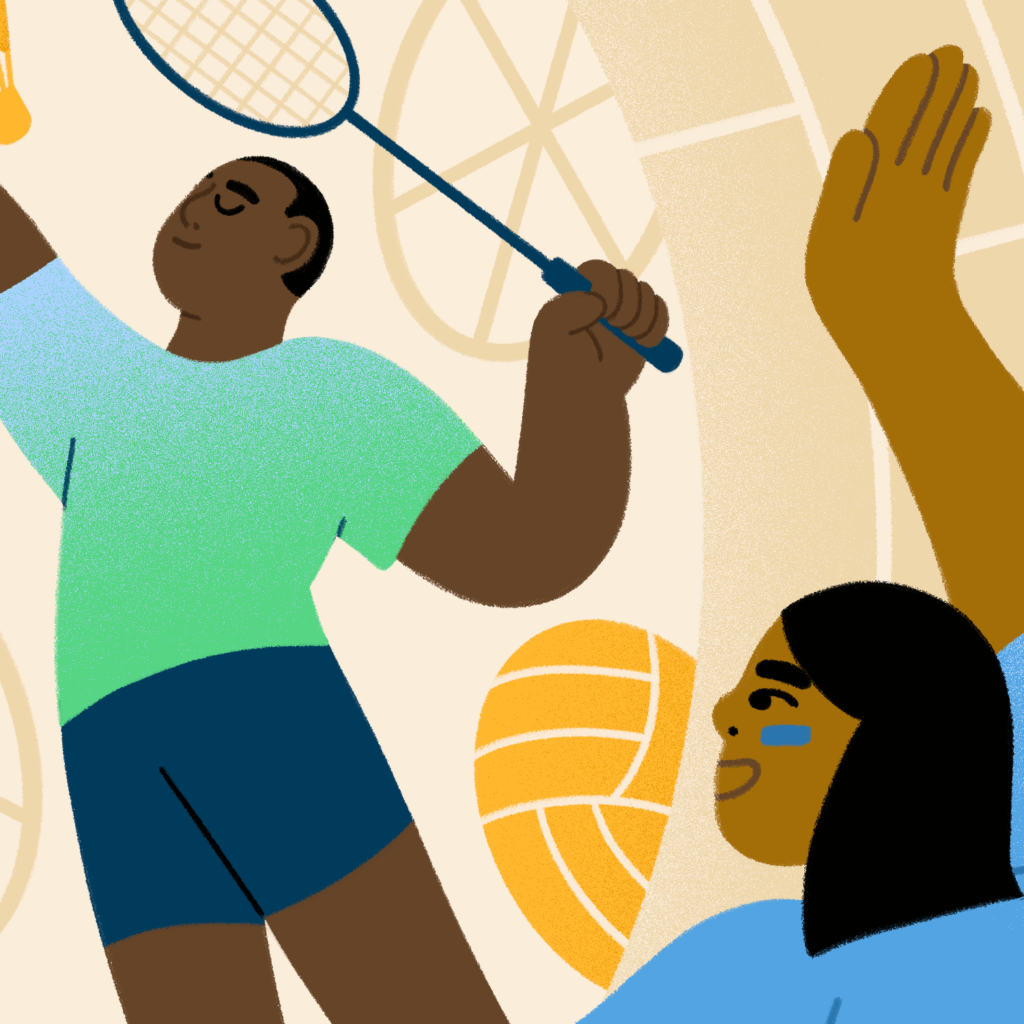By: Lauren Clark
View the original article on Disability Rights California Substack.
When he blew out the candles on his birthday cake last week, I knew the wish my 35-year-old son with an intellectual disability made. It was the same wish James makes on every birthday: To get married.
Marriage is not out of the question, even though an intellectual disability means he has limitations in reasoning, learning, and problem solving. He has daily, practical challenges understanding money and organizing his time. Those limitations don’t keep people from getting married, but SB 258 might crush his dream.
On its surface, the bill appears to remove outdated language from the state’s rape statute. But its effect is more serious: it would eliminate the last legal presumption that married people with disabilities can consent to sex.
As a parent as well as a nurse, I know that people with intellectual disabilities are victimized sexually. (Joe Shapiro, In Their Words, Adults With Intellectual Disabilities Tell Their Sexual Assault Stories, NPR (January 18, 2018); Bureau of Justice Statistics, Crime Against Persons with Disabilities, 2009-2019 – Statistical Tables (November 2021); Amylee M. Amborski, et al., Sexual Violence Against Persons with Disabilities: A Meta-Analysis, Trauma, Violence, & Abuse 23:4 1330-1343 (October 2022).)
James’ experience with sexual abuse came at 2 a.m. one winter night during the pandemic. He called us, hysterical, as he walked away from his apartment wearing pajamas and barefoot. He was crying. Loudly. Between sobs, he said his roommate, a man with an intellectual and developmental disability and a long-time family friend, had forced himself into James’ bedroom. Sexual talk and unwanted physical contact followed, and James resisted physically. A fight ensued. James struggled free and called us for help.
We problem-solved together. Within hours, we had secured James’ bedroom door to prevent further intrusions. We held emergency meetings with our son, his roommate, their landlord, and the roommate’s parents, who cooperated with us completely, in the best interest of both of our sons. Over the course of a week, we addressed safety in the environment, relationships, boundaries, and consent. Most importantly, we took steps to get James out of that situation and into public housing with an emergency Section 8 voucher. It took a couple of months to work through the red tape, government services for disabled people are scarce and the bureaucracies byzantine. Now James lives alone. He’s safe, and he’s lonely.
James wants to be married, a status in our family-oriented and religious culture that signals adulthood. He views sex and marriage as a package deal and imagines finding a woman who shares his experiences as a person with an intellectual and developmental disability. His wish on his birthday, and every day, is to marry, have children, and raise a family. We wonder about the practicalities of that plan. Will they make enough money, given the grim job prospects facing disabled adults? Can he manage all the give-and-take long-term relationships require? Can they have planned pregnancies and care for their children? Money, marriage, measuring up as a parent–these are not necessarily disability-specific concerns. What is unique for people with intellectual and developmental disabilities like James is that he might be charged with rape as a married man with a consenting partner if SB 258 passes.
Since 1897, Californians with disabilities have been burdened with having to prove their capacity to consent to sexual activity. A small exception was carved out in 1996: married disabled individuals were presumed capable of consenting. SB 258 would erase that presumption. If passed, all people with disabilities—regardless of marital status—will once again fall under the outdated and harmful 1897 standard, which effectively presumes incapacity for persons with disabilities unless proven otherwise.
As a nurse, I know the need for love and sex motivate human beings. Whether they have children or not, women with and without disabilities are equally likely to want children and plan to have them. Yet disabled men and women face more challenges achieving sexual and reproductive health than their non-disabled peers. They have a harder time getting birth control, are twice as likely to experience sexual violence during their first sexual encounter, have more unplanned pregnancies, and experience intimate partner violence more often. These health and safety disparities need to be addressed with developmentally appropriate sexual health education and disability-competent reproductive care. SB 258 doesn’t do that. Instead, it brings us to back to our eugenics roots in California, which has a long and troubling legacy of policies that targeted disabled people through state-sanctioned violence and control.
By 1979, an estimated 20,000 Californians with disabilities were involuntarily sterilized by the state. (Lynn La, More Pain for California’s Forced Sterilization Patients, Cal Matters (March 22, 2023).) This was conducted in the name of public health but was often without meaningful consent or oversight as it was deeply embedded with ableism, racism, and sexism. (Natalie Lira, Laboratory of Deficiency: Sterilization and Confinement in California, 1900-1950s (2021) University of California Press.) In 1907, California reinforced the oppressive eugenics ideologies by amending its law to ban marriage for those labeled “epileptic or feebleminded,” codifying the belief that people with intellectual and developmental disabilities were unfit to form families and reproduce. (1907 Cal. ch. 241, page 053, amending Cal. Civ. Code § 69 (1907).) The legacy of structural ableism continues today in the form of widespread conservatorships, a form of carceral ableism, that strips disabled people of autonomy and self-determination under the guise of protection. (Liat Ben-Moshe, Decarcerating Disability: Deinstitutionalization and Prison Abolition (2020) University of Minnesota Press.)
James’ story is not unique—and that’s exactly why SB 258 is so dangerous. My son, like so many others with intellectual and developmental disabilities, deserves the right to love, to build relationships, and to dream of marriage and family without fear that his disability will be used against him in a court of law. This bill doesn’t protect him; it puts him and others like him at greater risk of criminalization simply for being disabled and desiring connection. We can—and must—reject policies rooted in fear, ableism, and outdated ideas about who deserves intimacy and autonomy. I urge lawmakers and community members alike to oppose SB 258 and to fight instead for inclusive, affirming, and disability-competent public health solutions that uphold the dignity, rights, and humanity of all people.
Learn More about SB 258:
Susan Sindelar, DRC’s Senior Attorney in the Intellectual/Developmental Disabilities Practice Group
All People’s Health Collective podcast
Lauren Clark holds a Ph.D. in nursing and is a Professor of Nursing at UCLA, where she holds the Shapiro Family Endowed Chair in Developmental Disability Studies. She is the mother of two adult children with developmental disabilities and serves on the Board of Directors of Disability Rights California.


